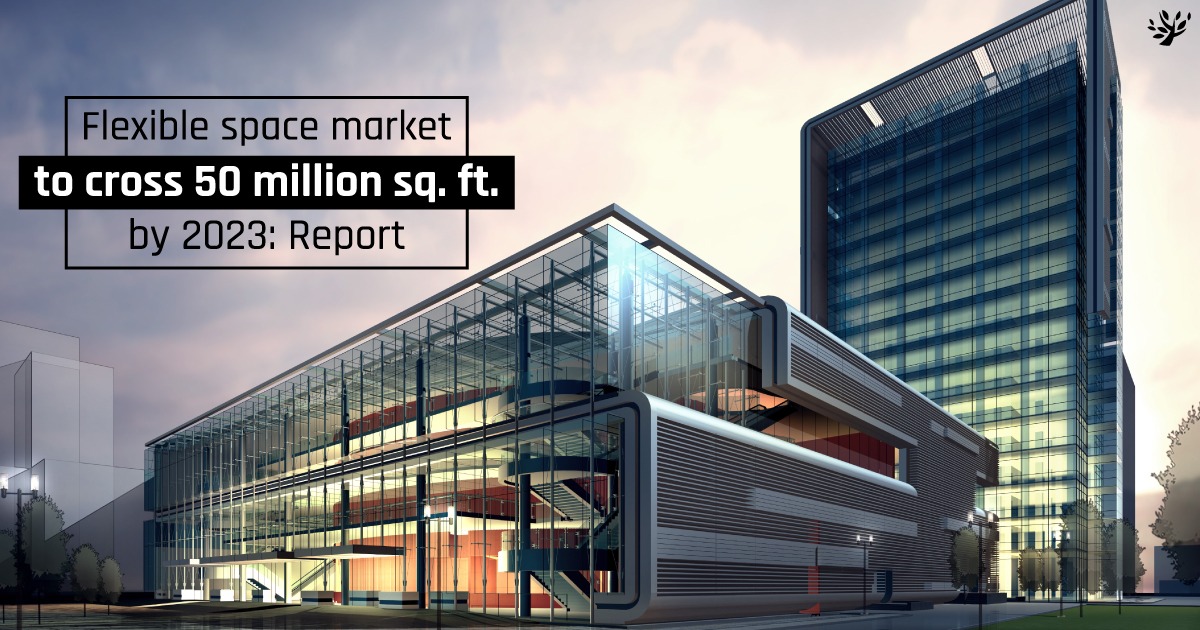
Flexible space market to cross 50 million sq ft by 2023: Report
NEW DELHI: Regardless of the various short-term disruptions and challenges the demand for the space market has been increased. According to a recent report by JLL India, this will support the growth of the flex space market to more than 50 million sq ft by 2023.
Present market penetration of flex spaces into India’s total office stock stands at 3% and it is further expected to shift to 4.2% by 2023.
Furthermore, it is believed that flexible space will increase by an average of around 15-20% per annum in the next three-to-four years. However, this trajectory will not be linear according to the reports.
The report also says that Bengaluru and Delhi-NCR together account for more than 50% of India’s flex stock followed by Hyderabad with 4.5 million sq ft and Mumbai with 4.3 million sq ft of flex office stock. Hyderabad and Pune are one of the fastest-growing flex markets.
The availability of capital in the present scenario will be a challenge. Players who have embarked on aggressive growth so far will find themselves strapped for capital. In this case, the market is likely to experience consolidation activity driven by larger operators with financial wherewithal acquiring smaller ones.
Dr. Samantak Das, chief economist and head of research & REIS, JLL India said “While the flex-space market more than tripled in the last three years, the momentum going ahead will be relatively slower. Players are likely to tread cautiously, and the overall market is expected to expand 1.5 times from the current size”.
Moving forward, large businesses might look at splitting up their offices to reduce transportation time and dependence on public transport. However, according to the report, with expected economic uncertainty, companies will be hesitant to commit large capital to real estate. The densification trend that had come over the last decade will likely reverse with enterprises leaning on flexible office space to relax space density.



